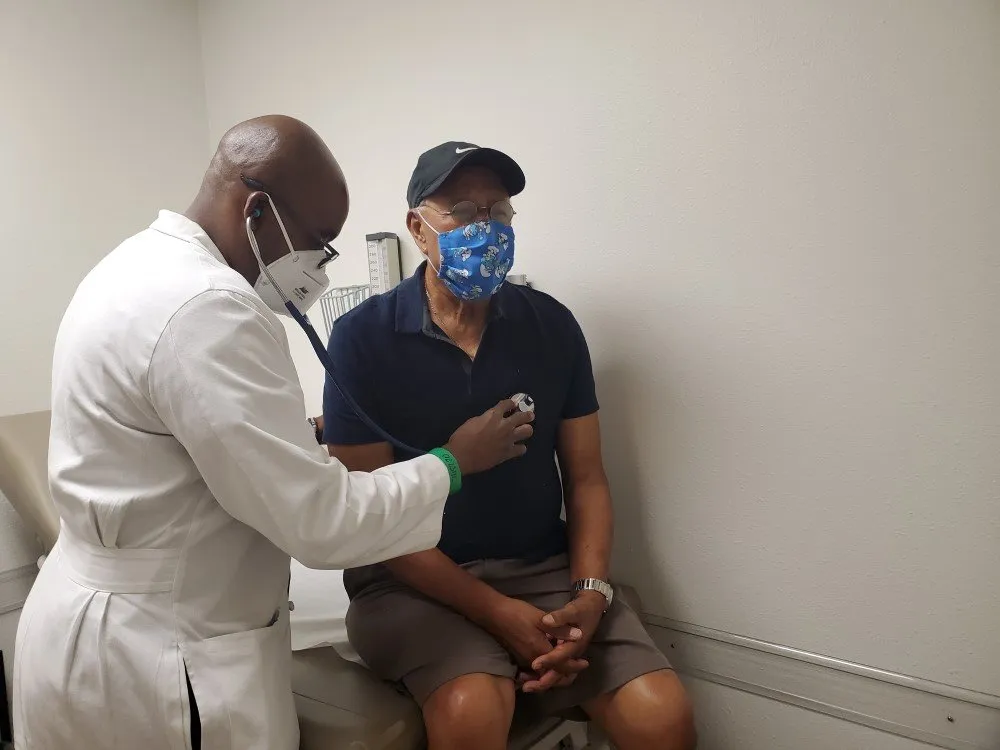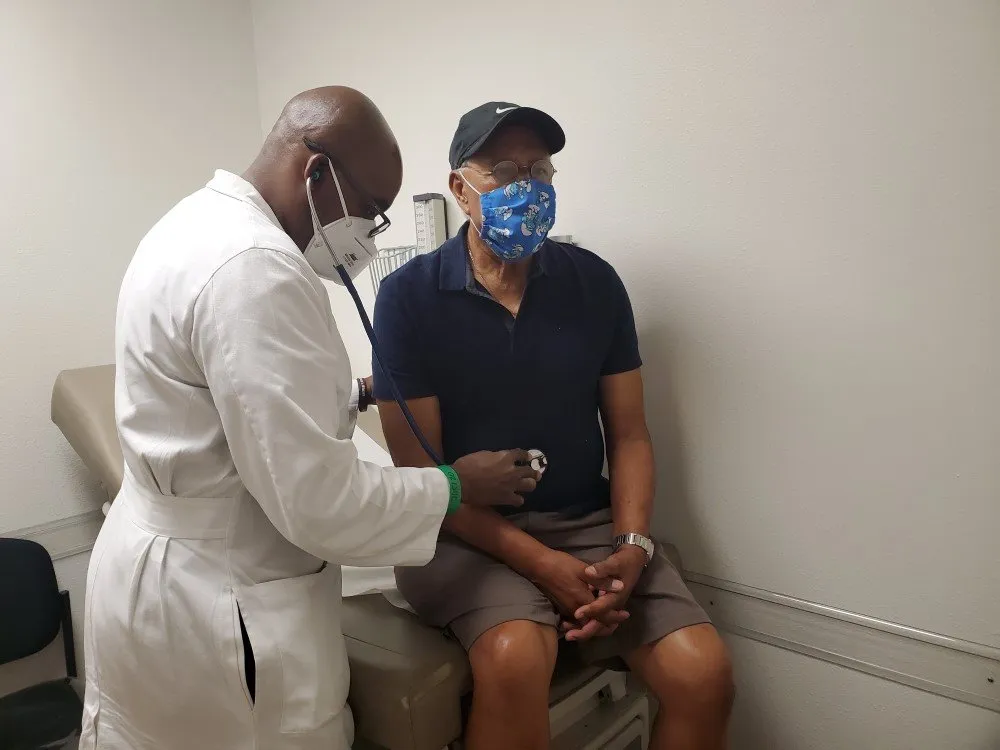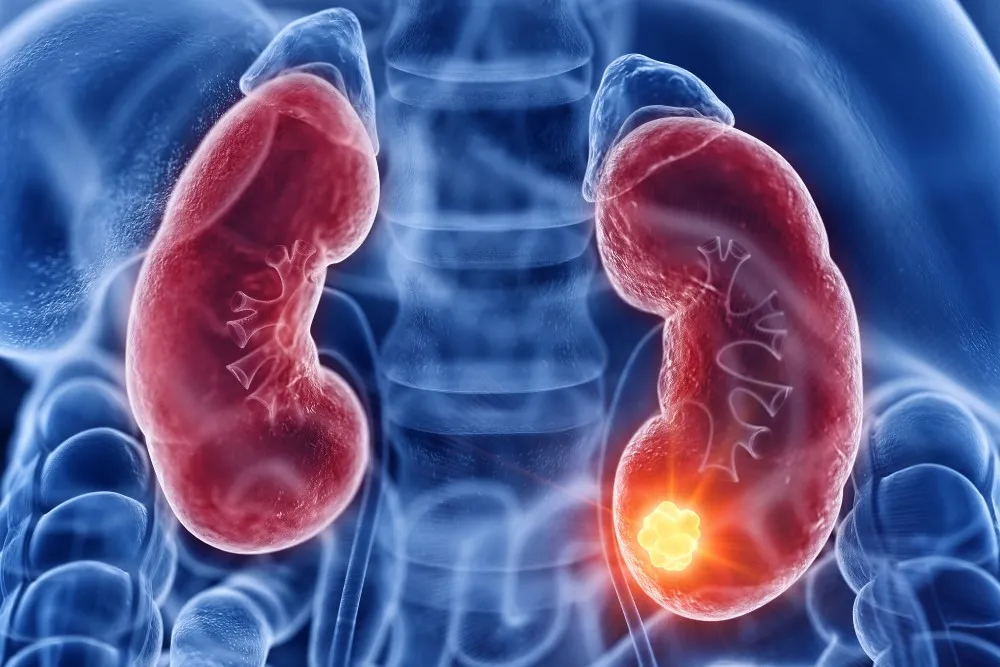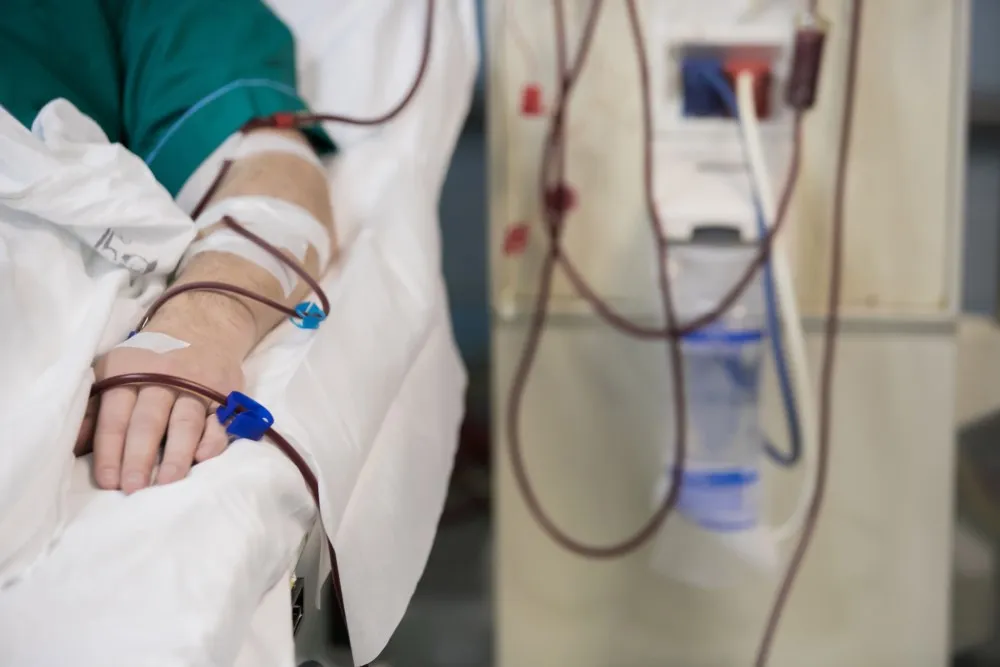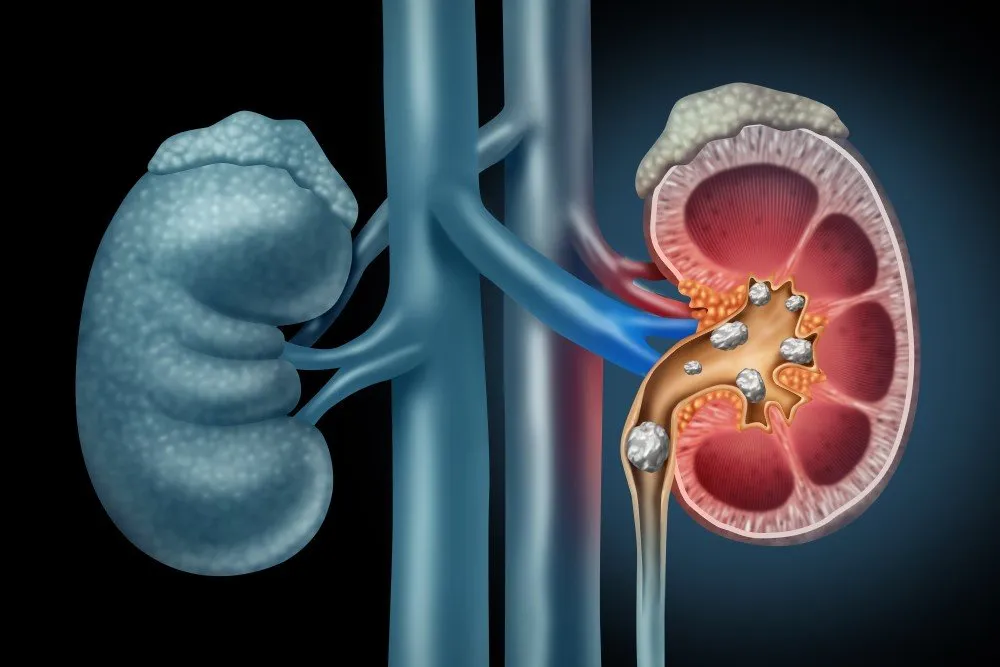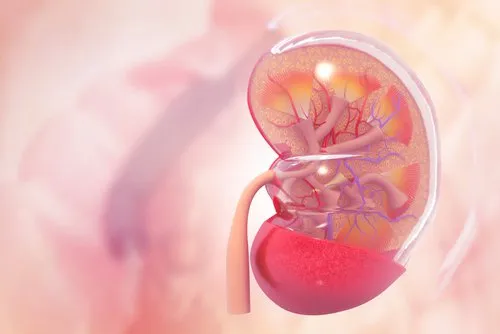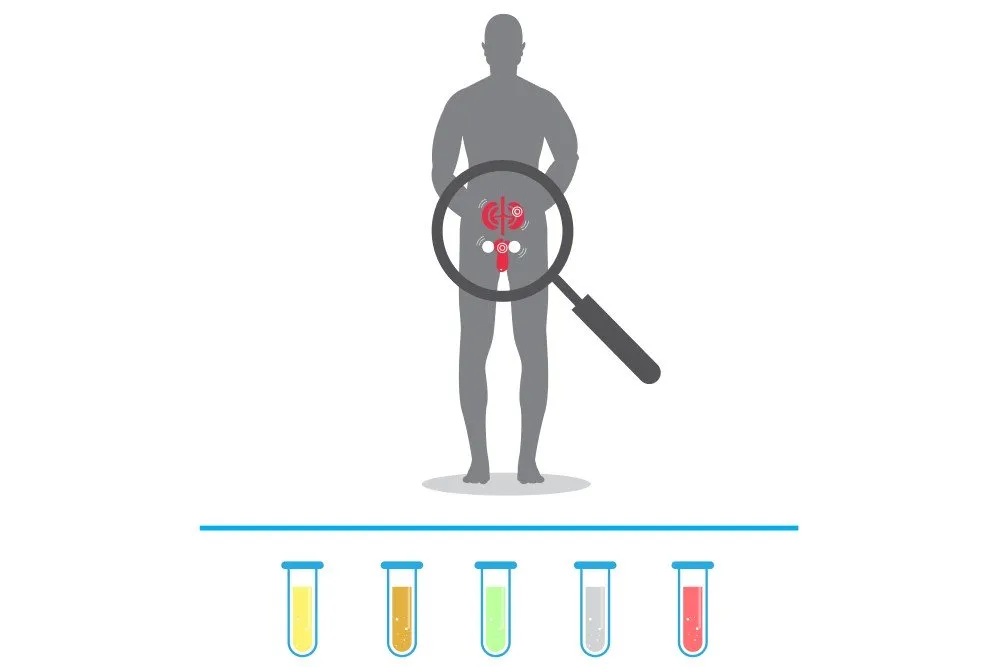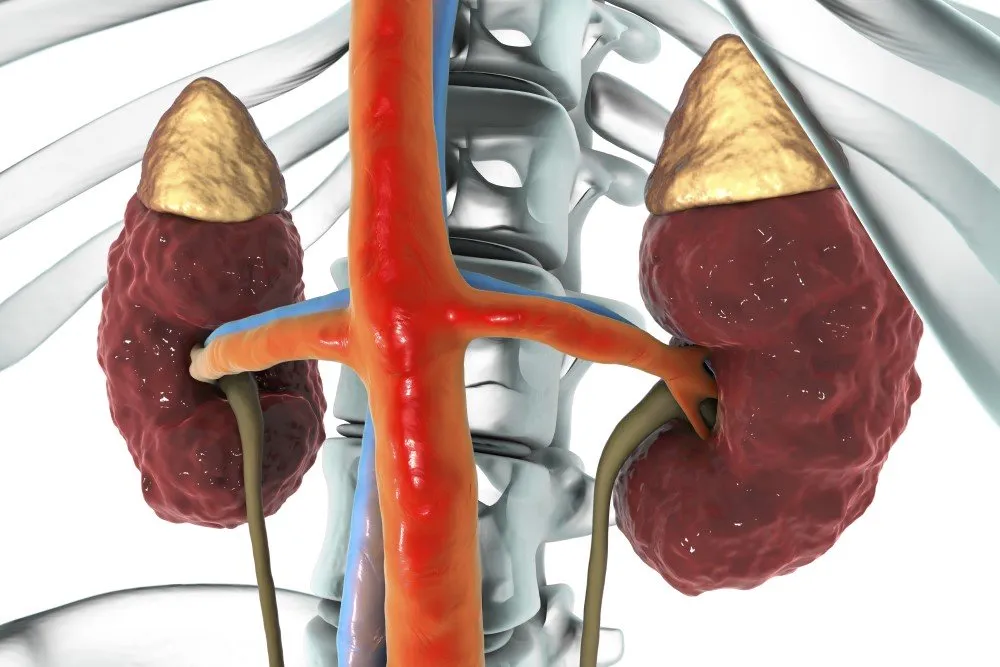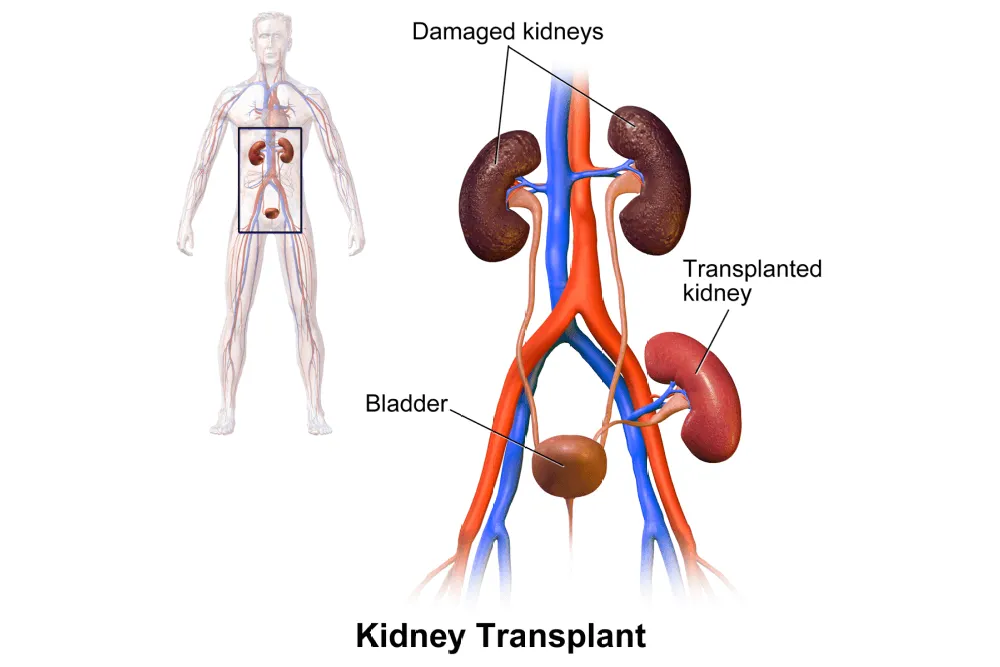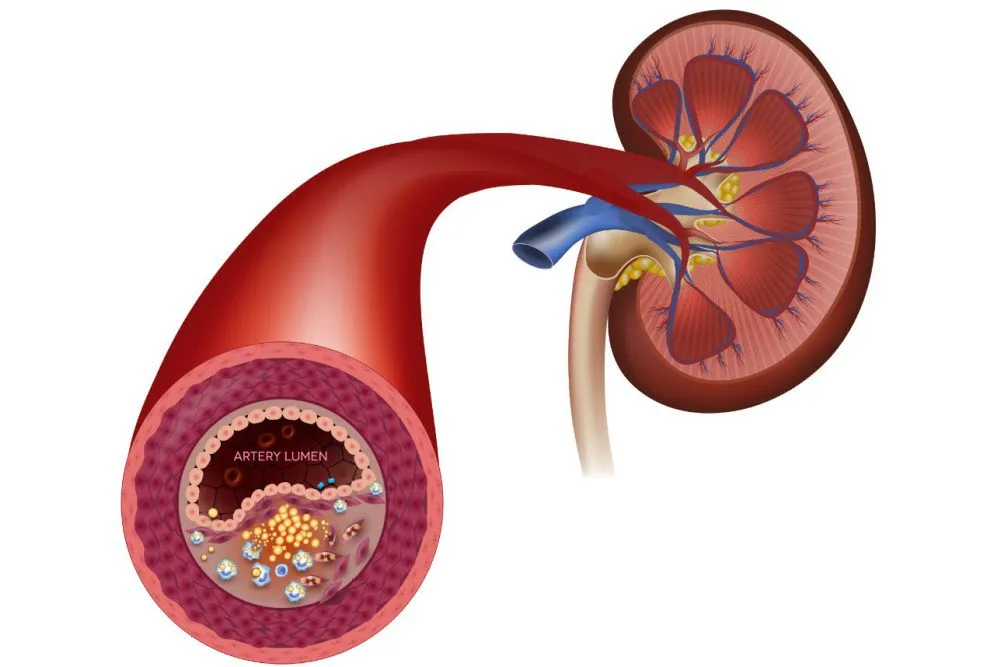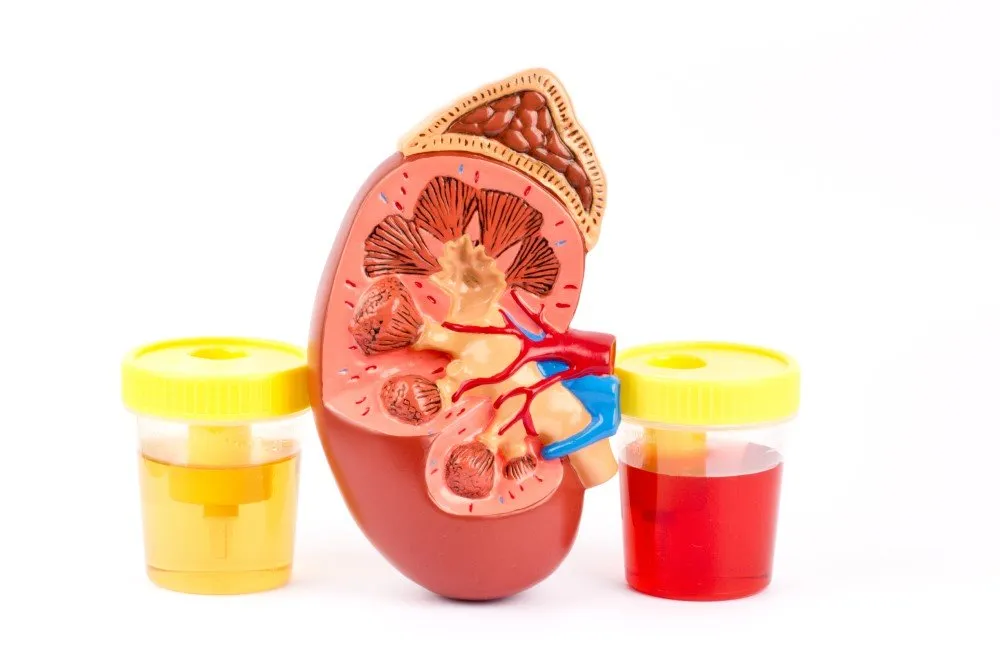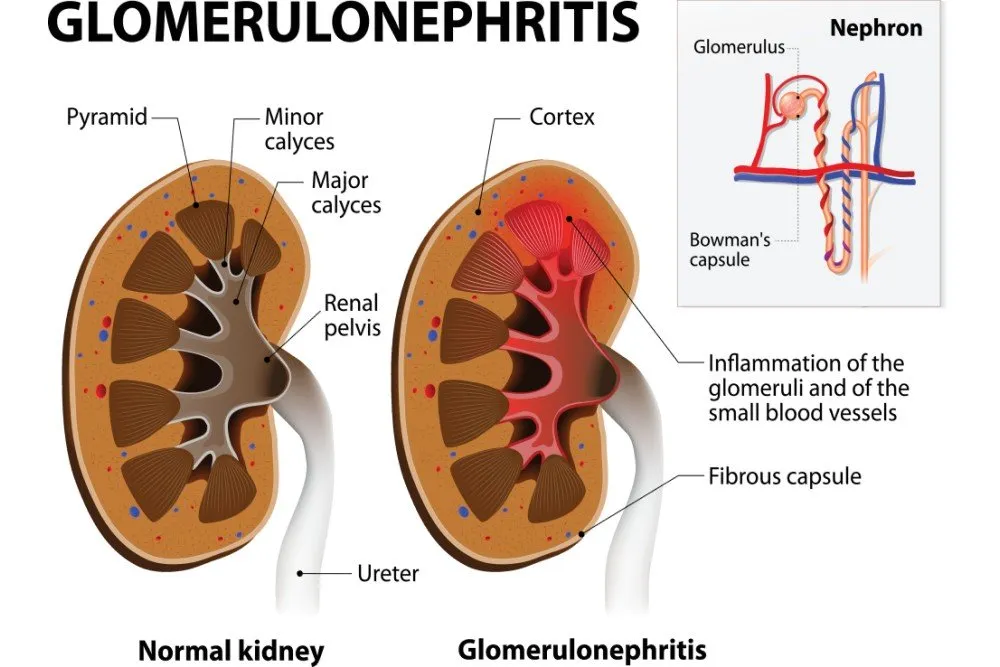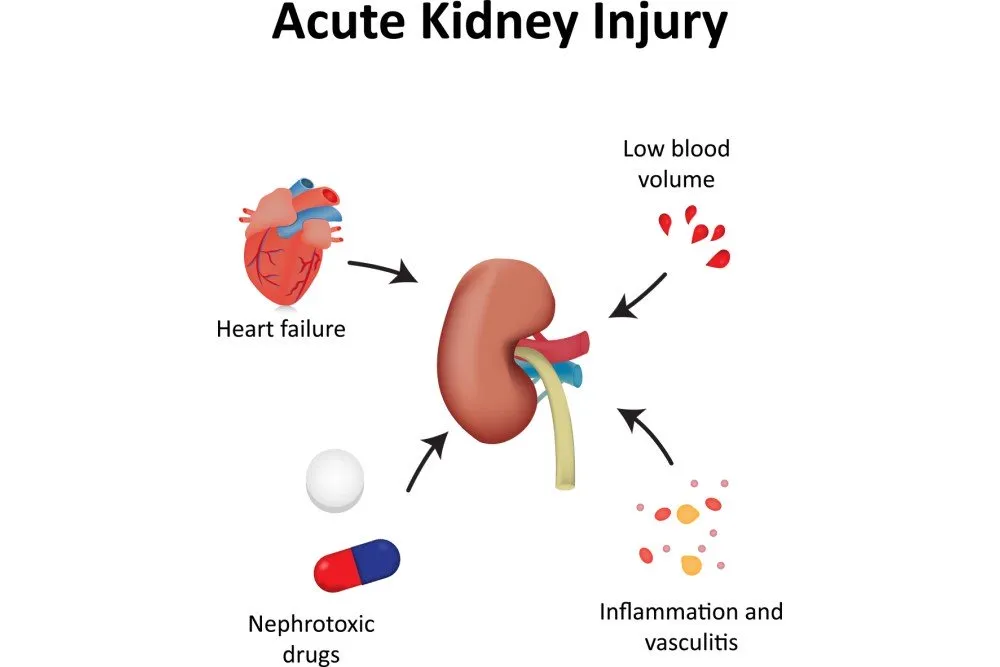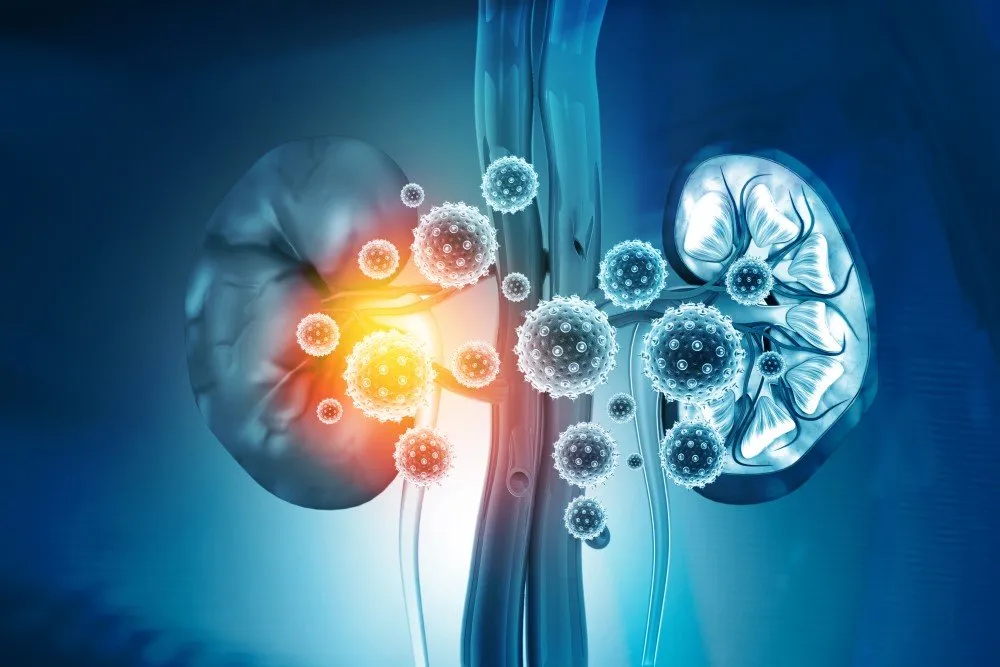
Dr. David Opawumi MD
Nephrologist in El Paso, TX
REQUEST AN APPOINTMENT Visit Dr. David Opawumi MD- Mon-Thu: 8AM - 5PM
- Fri: 8AM - 4:30PM
- Sat & Sun: Closed
In Collaboration with Paso Del Norte Nephrology.
Dr. David Opawumi MD
Nephrologist in El Paso, TXDr. Opawumi Specializes in General Nephrology with particular interest in diabetic kidney disease, End stage renal care, Hemodialysis and Peritoneal Dialysis.
Dr David Opawumi was born in Brooklyn, New York. Prior to going to college, he joined the United States Marine Corps. and was Honorably discharged as PFC.
Dr Opawumi has been in Private practice since 2007.
Education
- Bachelor of Science - Chemistry & Mathematics - Rutgers University, NJ
- Medical Degree - University of Medicine and Dentistry, NJ now Rutgers Medical School
- Residency and Fellowship - University of Medicine and Dentistry, NJ
Board Certification
- Internal Medicine
- Nephrology
Professional Organizations
- American Society of Nephrology
- SouthWest Association of Nigerian Physicians
- SouthWest Renal Society
- American Medical Society
Kidney disease is a broad term that encompasses all types of reduced kidney function.
Read More...
When kidney disease progresses to advanced stages of failure (stage 5), it is called “end stage kidney disease”, and treatment with dialysis woul...
Read More...
Kidney stones can cause pain (renal colic), blood in the urine, blockage of the urinary tract, kidney damage, and urinary infections.
Read More...
Nephrotic syndrome is a sign that your kidneys aren't working right. As a result, you may have High levels of protein in your urine, Low levels ...
Read More...
Urine testing is important because it can detect acid–base imbalances. If the diabetes remains uncontrolled, the kidneys could become over-stres...
Read More...
The kidneys remove waste from your blood. They do this by filtering the blood and making urine. As people get older, sacs filled with fluid can f...
Read More...
Kidney failure may be treated by a kidney transplant, which may come from a deceased organ donor or from a living donor. Family members who are r...
Read More...
Hypertension and chronic kidney disease (CKD) are closely interlinked pathophysiologic states, such that sustained hypertension can lead to worse...
Read More...
Blood in your urine is a condition known as hematuria. Most of the time, the cause of hematuria is not serious. However, blood in the urine shoul...
Read More...
Glomerulonephritis can develop in an acute (sudden, rapid onset) or a chronic (slow) form, and is caused by a painless inflammation of the glomer...
Read More...
Acute Kidney Injury (AKI), is the sudden decrease in kidney function. This can happen over a period of hours, days or, in some cases, weeks. AKI ...
Read More...
Chronic kidney disease (CKD) affects more than 26 million Americans. Millions more are at risk due to diabetes and high blood pressure. CKD often...
Read More...

